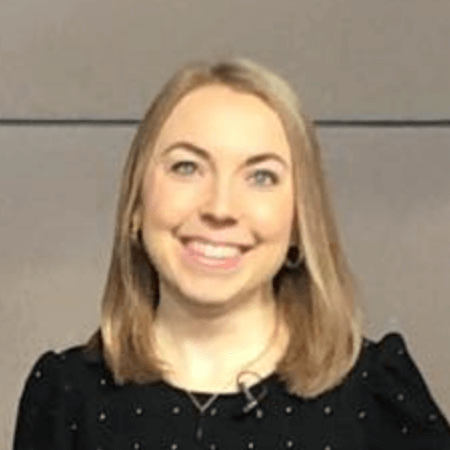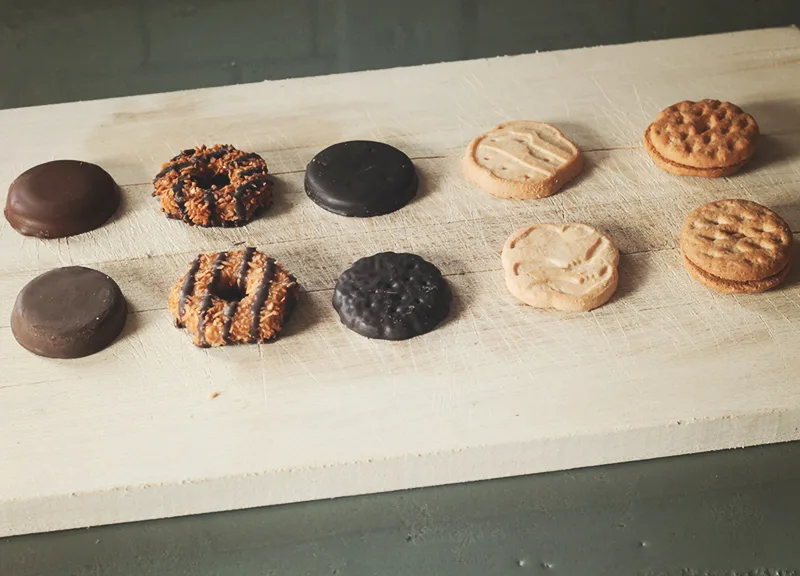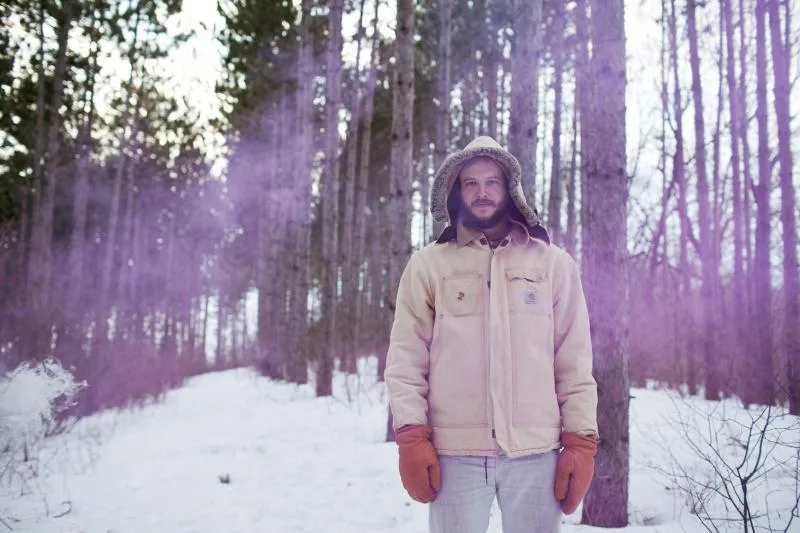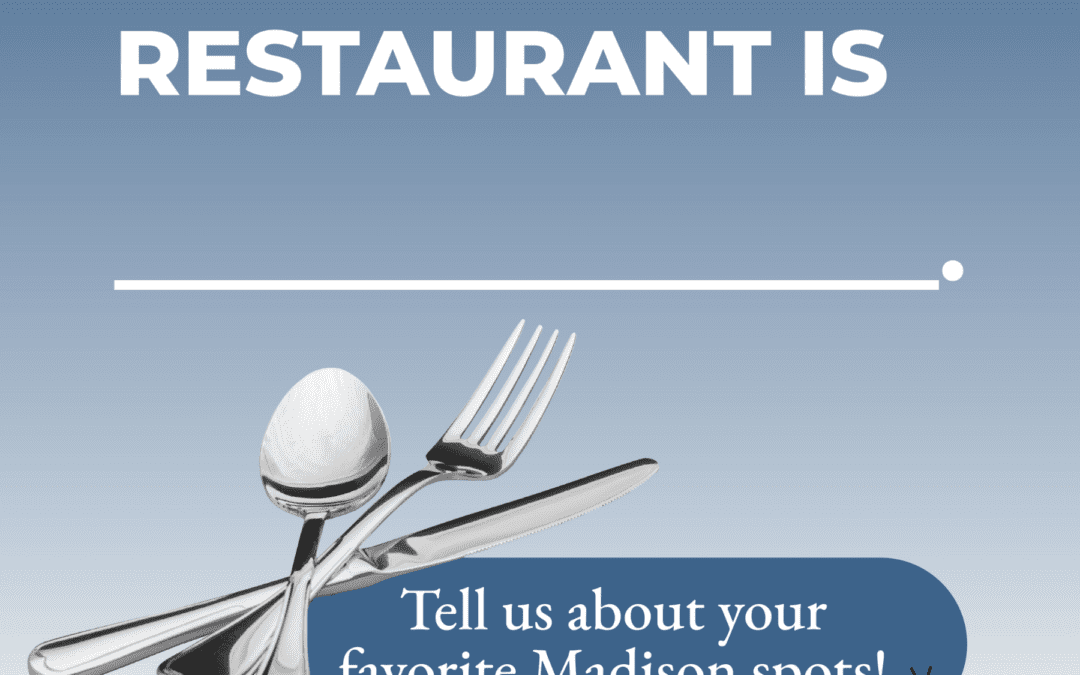
November is Native American Heritage Month, and we’re sitting down with one of our native neighbors to debunk some of the biggest misconceptions about her culture and share the best ways you can help.
“It’s time to start putting a spotlight on the places that treat us badly or it’s never going to end,” Dawn Moneyhan said, tears pouring down her face. “Every day is scary and stressful.”
Fear is something Dawn faces every day as a free, modern day Native American woman living near Milwaukee. While Thanksgiving is a happy holiday for many white families, it’s a heartbreaking “Day of Mourning” for indigenous people—a reminder of the day settlers arrived and their suppression started.
But this isn’t a sad story. While frustrated, natives like Dawn are now focused on sharing their side of the narrative to help others understand the barriers her community not only faced historically, but also continue to confront in states across America, including right here in Wisconsin.
This is our conversation with Dawn…

Christina Lorey, UpNorthNews Editor: How do you answer the question, “Who are you?”
Dawn Moneyhan, Tribal Member of the Little River Band of Ottawa Indians: I am a Native American wife, mother, grandmother, auntie, mentor, and spiritual counselor. I am also a steward of Mother Earth and all that she holds.
Where were you born and where were you raised?
I was born in Milwaukee. I lived in what many call “the hood” or “the ghetto” of Milwaukee’s south side until I was 8. When my mom remarried, we moved to South Milwaukee. At that time, South Milwaukee was an all-white suburb, and inner city students weren’t bused in yet.
Did you feel “different”?
Yes. While I have a sister, she and I are complete opposites in every way, including our appearance. She is light, and I am dark. I was the only brown child in my school from 1978 until I dropped out and got married my junior year (1987), so I could escape my nightmare.
Where do you live now?
[My family] moved to Juneau, WI, back in 2007, a year after [I got] married to my third (and last) husband. My youngest daughter was just about to start middle school and was experiencing a repeat of my childhood while living in South Milwaukee, so we swore to find her a safe place to grow up. She has blonde hair and blue eyes and was the only white child in her grade level. I recognized the signs right away and was able to do for her what my parents didn’t do for me. I got her out of it.
Do you feel like you belong in Juneau?
I’m stuck here and it gets worse by the day. In moving here, I put the burden of racism back in my own lap. I knew that would happen; I made that sacrifice to spare my child. Now I’m ready to leave, but can’t afford to go just yet.

What do you think is the biggest misconception about modern day Native Americans in Wisconsin?
It depends on who you talk to and what area of the state you are in. I think the biggest misconception I have encountered is that we are extinct, or the idea that we are wealthy and don’t pay taxes.
How have those misconceptions impacted your life?
I have been in situations where I’ve had to produce my tribal ID card in my attempt to prove to someone I am a “real Indian” after being accused at a living history event of being “just a paid actor dressed up to look like the real thing.”
The part that makes this encounter remain with me is it was [a] child who first doubted [my background] and then believed. [He] then went to tell his parents who openly chastised him for believing, ensuring him I was indeed just a paid actor made up to look like a “real Indian.” It took at least 15 minutes worth of conversation to convince these strangers differently, at which time they shrugged it off and walked away.

And do you know where the tax/wealth misconception comes from?
It’s just nonsense. I wish the rest of our state understood just how MUCH money our tribes contribute in taxes and charitable donations each year. It amounts to tens of millions of dollars in a slow year.
Many people think we get sales tax relief. That’s on reservation lands only. First, all of Wisconsin’s reservation lands are in the northern third of the state. Second, not all enrolled Native Americans who live in Wisconsin are enrolled with a tribe. So most of us don’t see those little sales tax breaks. Ever.
What is the ONE thing you wish every non-Native American Wisconsinite knew about your community?
We’re just as confused and messed up as any other community, while also dealing with overwhelming amounts of oppression by the government and society at the same time and mass amounts of poverty.
We are still seen as “savages” and often referenced as such in public spaces. We all want the same things. We want to be allowed a space to exist, the same rights to practice our cultures and spiritual beliefs in peace just like everyone else, and if anyone wants to know about us, we desperately wish they would ask us instead of our oppressors, abusers, and conquerors, and people who are not us but claim to know about us.
We are still right here, but society references us as stuck in the 1800s because that’s all anyone appears to know about us. We welcome those who come respectfully and embrace allies, which is something we really need to have any kind of voice in our society.

Courtesy: Wisconsin Historical Society
That brings us to the question of how we, as white Wisconsinites, can help. What is one way we can support your community right now?
The one thing we need more than anything else is to be seen and heard. We can’t ask the world to respect us if they don’t know us and don’t even know we exist. The mainstream media has blacked us out since the media began. The few references to us tend to be when someone is demonizing us again for their own agenda, like was done at Standing Rock and the wildlife preserve in Oregon.
It’s a constant repeat of history because the rest of the world doesn’t know about it or anything about us, so society is continuously force fed a narrative about us instead of from us. That matters, and it really hurts. We still are not free in our own homelands because we remain invisible. Fear of the unknown has caused some of the world’s worst tragedies, and we remain at the top of that list, continuing today.

What can we, as white people, do about this?
Start asking your local media outlets about us. Ask them why they aren’t including us in anything. Why do they continue to leave us out? Our voices aren’t loud enough without allies. We make up only 2% of the national population–and even less here in Wisconsin. We scream, but nobody hears us. We need the non-indigenous voices that are acknowledged and recognized to help us get a whole lot louder.
How do you stay strong and optimistic?
I survive this madness by writing about it. All of it. And every year I get bolder in person, because I get sick of it.
A few years ago, my husband and I were out on the porch pulling down a plant before a storm came in. An old white man, maybe in his early-to-mid 70s, came scooting up the road on his little golf cart-type vehicle and started flashing white power signs at me as he went past our house. I stopped what I was doing and my husband looked up. As he did, the old man turned his head away and kept going, picking up speed.
Every day is scary and stressful. Some days, I just want them to come at me so we can get it over with and then get on with our lives, so I’m allowed to LIVE my life. Other days I want to crawl into a corner and just cry and never stop because the tears match the problem and it still seems endless.

Dawn’s faith also gets her through the ongoing stream of racist attacks against her, her family, and her culture. She is a spiritual leader at The Kwewag Indigenous Culture Church (KICC) just outside of Milwaukee. The Church’s faith is spirit-based and welcomes everyone: indigenous and non-indigenous.
Politics

Biden administration bans noncompete clauses for workers
The Federal Trade Commission (FTC) voted on Tuesday to ban noncompete agreements—those pesky clauses that employers often force their workers to...

Opinion: Trump, GOP fail January 6 truth test
In this op-ed, Milwaukee resident Terry Hansen reflects on the events that took place on January 6, the response from Trump and other GOP members,...
Local News

Readers Poll: Top Bowling Alleys in Wisconsin
Looking for the best bowling in Wisconsin? Look no further! Our readers have spoken in our recent poll, and we have the inside scoop on the top...

8 Wisconsin restaurants Top Chef judges are raving about
Top Chef’s 21st season is all about Wisconsin, and on-screen, it’s already apparent that the judges feel right at home here. But, while filming in...





